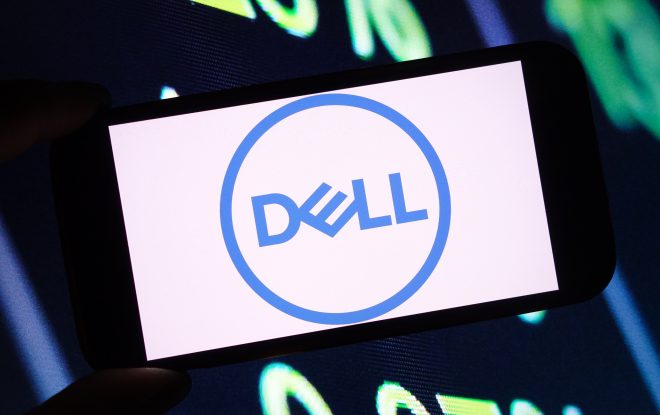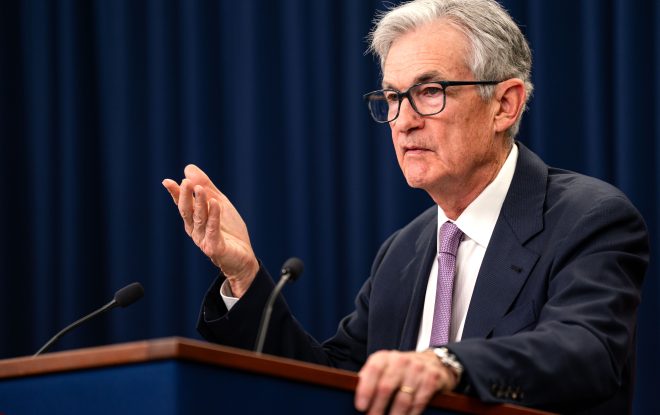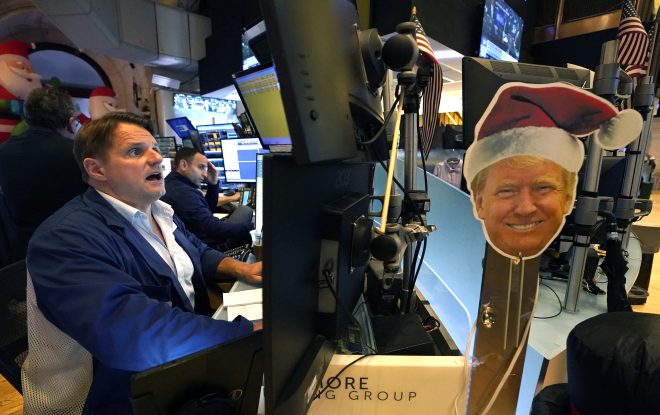Billionaires Are Buying Up Beaten-Down Pfizer Stock. Should You Follow Their Lead?
Nobody can predict the future, but it’s not hard to imagine increasing pharmaceutical sales. In 2022, prescription drug spending in the U.S. climbed more than 8% to reach $406 billion. It’s a lot but still less than one-third of the amount soaked up by American hospitals.
It might not feel like it when you pay the bill, but prescription drugs give healthcare systems a tremendous return on their investment. With this in mind, it’s no wonder billionaires are buying up shares of one of America’s largest pharmaceutical companies, Pfizer (NYSE: PFE).
Start Your Mornings Smarter! Wake up with Breakfast news in your inbox every market day. Sign Up For Free »
In the third quarter, Jeff Yass and the Susquehanna fund he manages raised its Pfizer stake to 10.3 million shares. Igor Tulchinsky more than doubled the size of WorldQuant Millennium Advisors’ Pfizer stake by purchasing 1.2 million shares.
Tulchinsky and Yass make lots of bets every quarter, and many of them don’t work out. Before blindly following these billionaires, let’s look at some of the reasons Pfizer’s stock price has fallen about 49% since the end of 2022.
Shares of Pfizer have been under pressure because the company is getting close to some patent cliffs. The main patent protecting Eliquis, a drug it markets in partnership with Bristol Myers Squibb, expires in 2026.
Sales of the next-generation blood thinner are still on the rise and responsible for about 9% of total revenue. Pfizer has settled with several drug manufacturers that will hold off launching generic versions of Eliquis until April 1, 2028. In the meantime, it could lose exclusivity for Ibrance in the U.S. market in 2027.
Ibrance sales are responsible for about 6% of total revenue, and a loss of exclusivity is only part of the problem. The blockbuster breast cancer treatment is already losing market share to similar drugs from Novartis and Eli Lilly, called Kisqali and Verzenio, respectively. Sales of these competitors bounded forward, but Q3 Ibrance sales fell 10% year over year.
Pfizer’s prostate cancer treatment, Xtandi, earned approval to treat early-stage prostate cancer patients in 2023. Q3 sales shot 28% higher to $561 million, but these gains could evaporate in a few short years. The main U.S. patent protecting Xtandi’s exclusivity expires in 2027.
Drug patents don’t last very long compared to other forms of intellectual property. Big pharmaceutical companies like Pfizer constantly funnel profits from their present blockbusters toward the next generation of products.





Leave a Reply